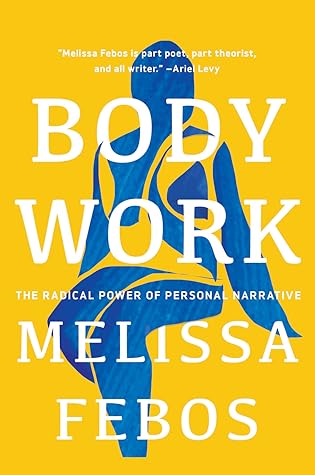More on this book
Community
Kindle Notes & Highlights
Read between
November 30 - December 4, 2024
Expressive writing about trauma strengthens the immune system, decreases obsessive thinking, and contributes to the overall health of the writers.
Those who benefit from the inequities of our society resist the stories of people whose suffering is in large part owed to the structures of our society. They do not want to have to change. We see this in a thousand forms of white fragility, male fragility, and transphobic and homophobic tantrums protesting the ground gained by trans and queer storytellers. The resistance to memoirs about trauma is in many respects a reiteration of the classic role of perpetrator: to deny, discredit, and dismiss victims in order to avoid being implicated or losing power.
I’ll say it again, because it bears repeating: the resistance to memoirs about trauma is always in part—and often nothing but—a resistance to movements for social justice.
I want to feel on the page how the writer changed. How the act of writing changed them.
No. We have been discouraged from writing about it because it makes people uncomfortable. Because a patriarchal society wants its victims to be silent. Because shame is an effective method of silencing.


